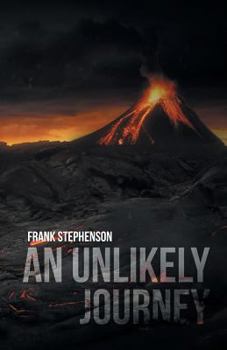An Unlikely Journey
This time, the tremor had changed the complex and long inactive interconnections between then island's chain of volcanoes. Deep within the earth the tectonic plates had been jolted from quiescence into an inchoate system capable of awesome devastation. The intestines of Haleakala, Mauna Loa, and Mauna Kea, after thousands, or millions, of years, had become united and now coalesced as one. Engorged with billions of tons of white-hot magma from the earth's core, the massive power of all three major volcanoes made Lōihi resemble a misbehaving brat. Still, the world's experts believed it was the brat that shifted the inner workings of the subduction zones, rift zones, and crossconnecting faults so that they aligned as perfectly as a brand new Rubik's cube.
It was Mauna Loa's septum, ironically, that ruptured first. A swarm of earthquakes occurred northwest of Moku'aweoweo caldera during the Thanksgiving holiday. It was believed the swarm was contained within the intermediate depths between three to four miles below. It wasn't until Kilauea's east rift zone erupted at Pu'u O'o with such fury that the data were re-examined. The location of the first swarm was then attributed to a much deeper system, approximately nine miles down. The epicentral region of the swarm consisted of a cluster of circles so close together that it resembled the image of a large bulls-eye on a small target.
A week later, Mauna Loa erupted at her summit, shattering the occlusion that had been sealed for centuries. Her red-hot saliva melted tons of snow and, mixed with the melt water, the resulting froth formed horrendous mudflows
that streaked down the mountain in a single massive avalanche, submerging the vestiges of Hilo and the surrounding communities.





